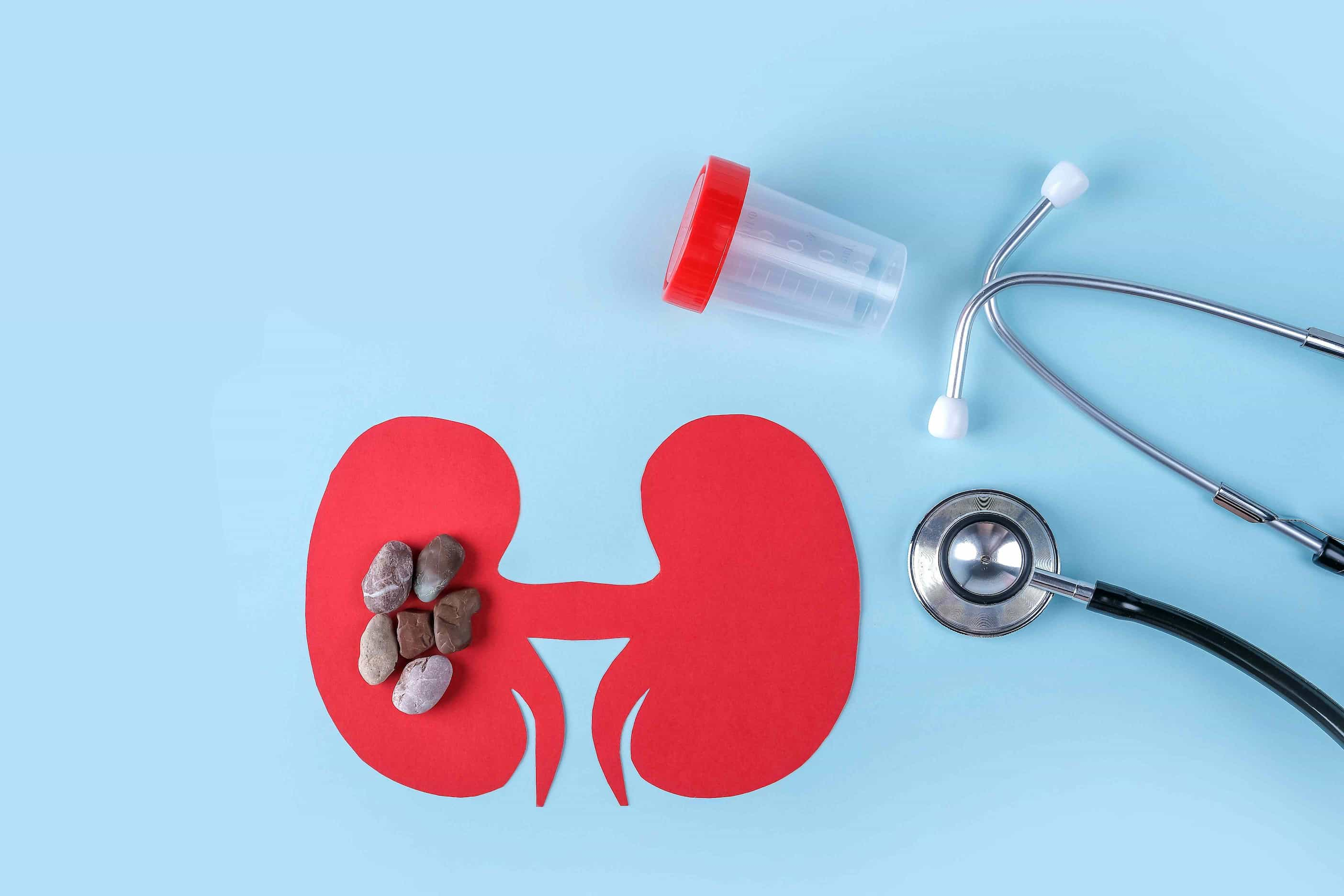
Prevent Kidney Stones
Kidney stones are one of the most common urinary tract disorders that affect millions of people worldwide. These small, hard deposits can cause severe pain and discomfort, and if left untreated, can lead to serious complications. Fortunately, there are several effective ways to prevent kidney stones from forming in the first place. In this article, we will explore eight of the most effective methods for preventing kidney stones and maintaining optimal kidney health.
1. Drink Plenty of Water
One of the most effective ways to prevent kidney stones is to stay well hydrated by drinking plenty of water. When you drink enough water, your urine becomes more diluted, making it less likely that minerals and salts will form into kidney stones. Drinking water is also important for overall kidney health, as it helps to flush out toxins and waste products from the body.
How Much Water Should You Drink?
The amount of water you should drink depends on several factors, including your age, weight, gender, and activity level. However, as a general rule, most people should aim to drink at least 8-10 glasses of water per day. If you are prone to kidney stones, you may need to drink even more water to prevent them from forming.
2. Reduce Your Salt Intake
Excess salt in the diet can increase the risk of kidney stone formation, as it can lead to an accumulation of calcium and other minerals in the kidneys. To reduce your salt intake, avoid processed foods, which are often high in sodium, and try to cook with fresh herbs and spices instead. You can also try using a salt substitute, such as potassium chloride, which can help to lower your sodium intake without sacrificing flavor.
Other Tips for Reducing Salt Intake
In addition to avoiding processed foods and using salt substitutes, there are several other tips for reducing your salt intake. For example, you can try rinsing canned vegetables and beans to remove excess salt and opt for low-sodium versions of condiments like soy sauce and ketchup. You can also experiment with different cooking techniques, such as grilling or roasting, which can add flavor without the need for additional salt.
3. Eat a Balanced Diet
Eating a balanced diet is essential for overall kidney health and can also help to prevent kidney stones. Aim to consume a variety of fruits, vegetables, whole grains, lean proteins, and healthy fats, and limit your intake of processed and high-fat foods. Foods that are particularly beneficial for kidney health include leafy greens, berries, nuts, and seeds.
Avoid Oxalate-Rich Foods
While most fruits and vegetables are good for kidney health, some can be high in oxalates, which can increase the risk of kidney stone formation. Foods that are particularly high in oxalates include spinach, rhubarb, beets, and chocolate. If you are prone to kidney stones, you may need to limit your intake of these foods or avoid them altogether.
4. Get Enough Calcium
While it may seem counterintuitive, getting enough calcium in your diet can actually help to prevent kidney stones. Calcium binds with oxalates in the digestive tract, preventing them from being absorbed into the bloodstream and potentially forming kidney stones. Aim to consume calcium-rich foods, such as milk, cheese, and yogurt, and talk to your doctor or a registered dietitian if you are concerned about your calcium intake.
Limit Animal Protein
While protein is an essential nutrient, consuming too much animal protein can increase the risk of kidney stone formation. Animal protein can increase the amount of uric acid and calcium in the urine, which can contribute to the formation of stones. Aim to consume a moderate amount of protein from sources like lean meats, poultry, fish, and plant-based sources like beans and lentils.
5. Maintain a Healthy Weight
Maintaining a healthy weight is important for kidney health and can also help to prevent kidney stones. Excess body weight can lead to an accumulation of toxins in the body, which can put a strain on the kidneys and increase the risk of stone formation. Aim to maintain a healthy weight through a combination of a balanced diet and regular exercise.
Exercise Regularly
Regular exercise is important for kidney health and can help to prevent kidney stones. Exercise can help to reduce the risk of obesity and other health conditions that can contribute to stone formation, such as high blood pressure and diabetes. Aim to get at least 30 minutes of moderate exercise most days of the week.
6. Limit Caffeine and Alcohol Intake
Excess caffeine and alcohol intake can increase the risk of kidney stone formation, as they can lead to dehydration and the accumulation of toxins in the body. Limit your intake of caffeine and alcohol, and aim to drink plenty of water throughout the day to stay hydrated.
7. Consider Medications or Supplements
In some cases, medications or supplements may be recommended to help prevent kidney stone formation. For example, thiazide diuretics can be used to reduce the amount of calcium in the urine, while allopurinol can be used to lower uric acid levels in the body. Calcium and vitamin D supplements may also be recommended for some people.
Importance Of Kidney Stone Prevention
Preventing kidney stones is important for several reasons. Kidney stones are painful and uncomfortable conditions that can interfere with daily activities and quality of life. They can cause severe pain in the back, abdomen, or groin, and may also lead to nausea, vomiting, and fever. In some cases, kidney stones can also cause complications such as infection, kidney damage, or blockage of the urinary tract.
Preventing kidney stones is also important for maintaining optimal kidney health. Kidney stones can damage the delicate structures of the kidneys and interfere with their function. Chronic kidney stones can also increase the risk of developing chronic kidney disease, which can lead to kidney failure and the need for dialysis or a kidney transplant.
By following preventive measures, such as drinking plenty of water, reducing salt intake, eating a balanced diet, and exercising regularly, individuals can reduce their risk of developing kidney stones and maintain optimal kidney health. These measures can also help to prevent other health conditions, such as high blood pressure, diabetes, and heart disease, which are also risk factors for kidney stones.
The Study of Prevent Kidney Stones
A recent study conducted at the National Kidney Research Institute found that individuals who followed a diet rich in calcium but low in animal protein had a significantly reduced risk of developing kidney stones. The study followed over 1,000 participants for five years and observed that those with this dietary pattern had a 35% lower incidence of kidney stones compared to those with high animal protein intake. These findings highlight the importance of maintaining a balanced diet to prevent kidney stone formation.
Prevent Kidney Stones with Healthy Türkiye
Kidney stones are a common and painful condition that can significantly impact a person’s quality of life. However, there are several effective ways to prevent kidney stones from forming in the first place. Drinking plenty of water, reducing salt intake, eating a balanced diet, getting enough calcium, limiting animal protein, avoiding oxalate-rich foods, and exercising regularly are all important measures that can help prevent kidney stone formation and maintain optimal kidney health.
By incorporating these preventive measures into your daily routine, you can reduce your risk of developing kidney stones and improve your overall health. It’s important to remember that every person’s health needs are unique, so it’s always a good idea to consult with Healthy Türkiye’s specialists to determine the best course of action for you. With the right lifestyle habits and medical guidance, you can take control of your kidney health and enjoy a happier, healthier life.




